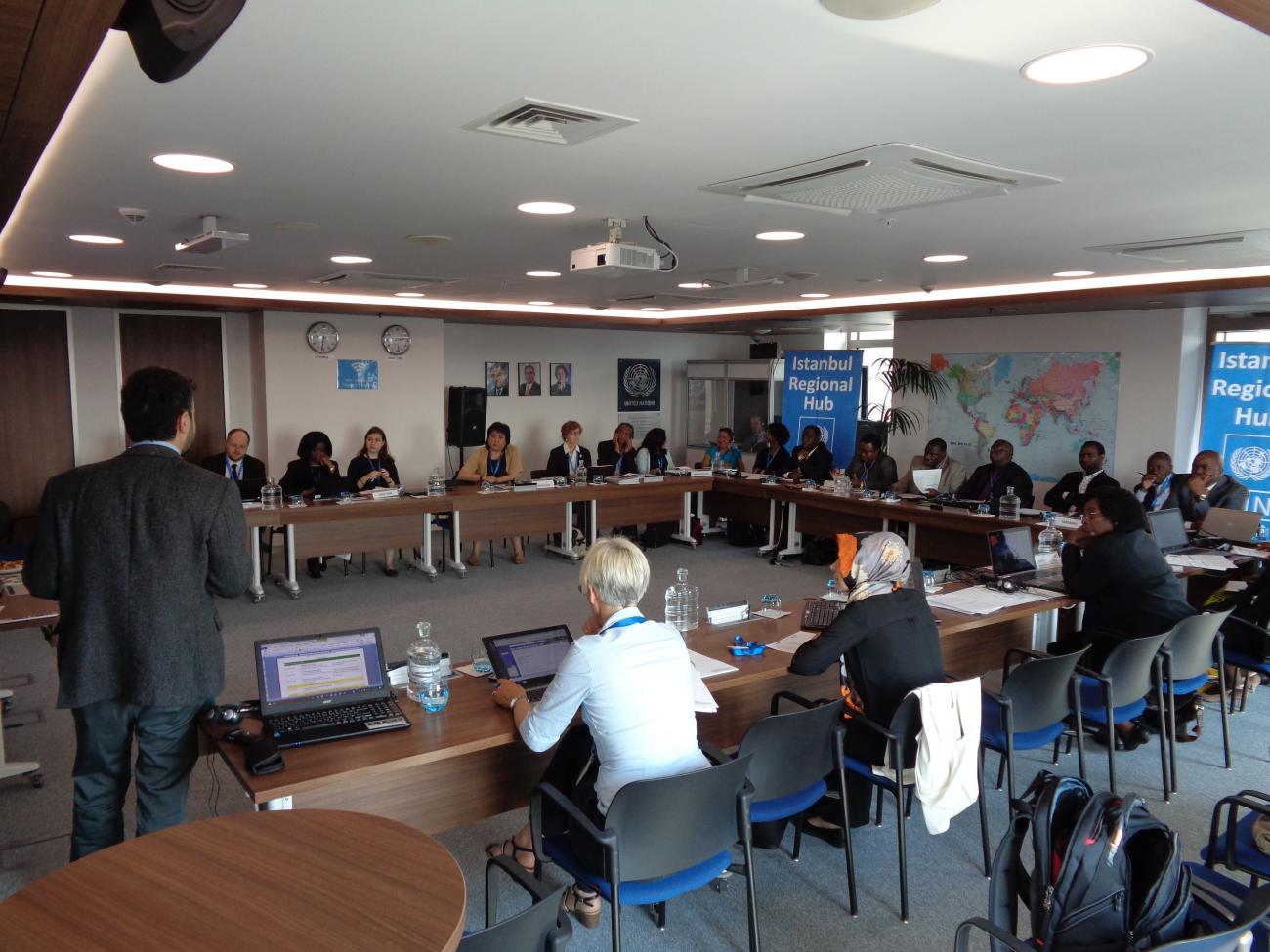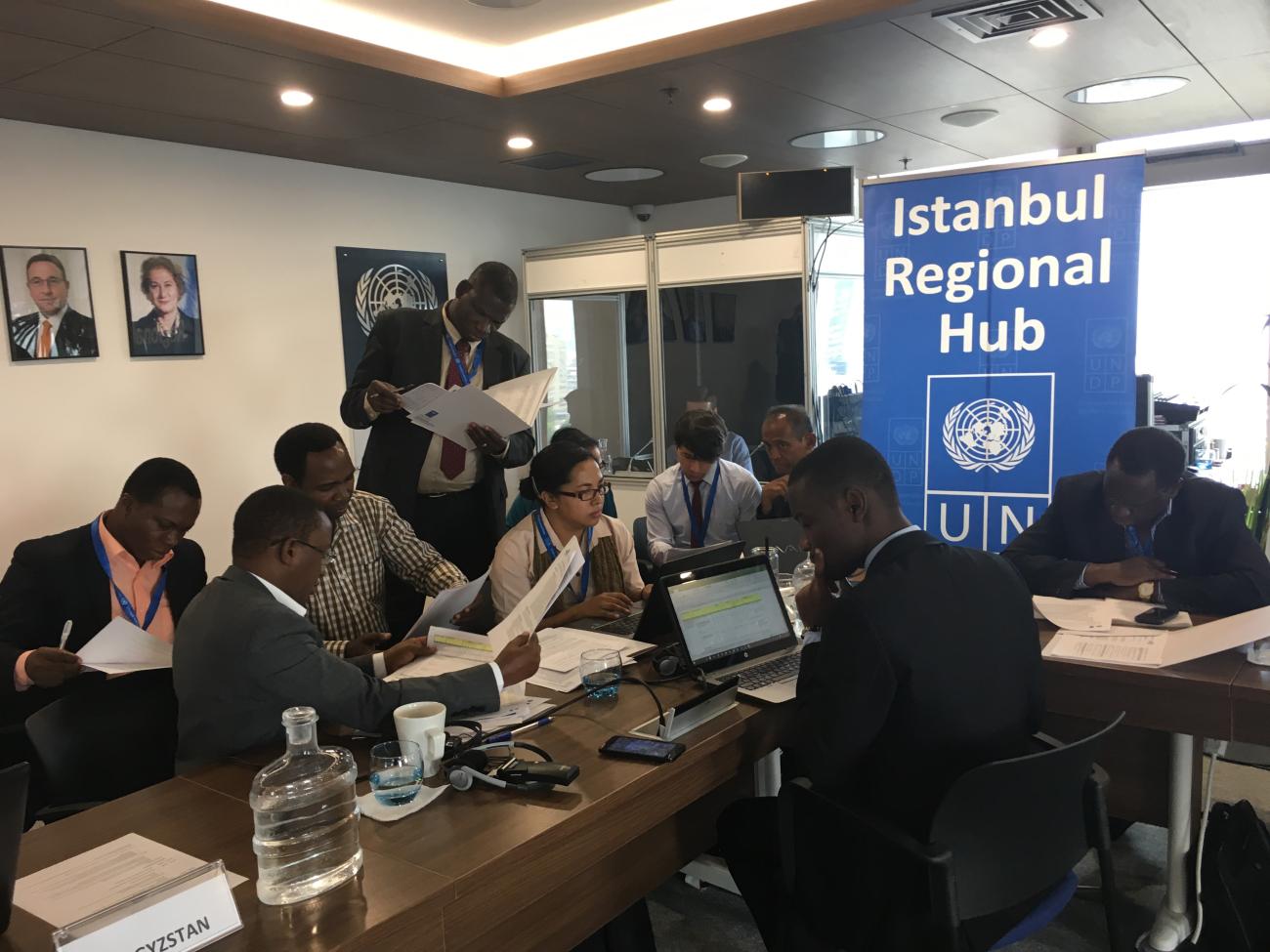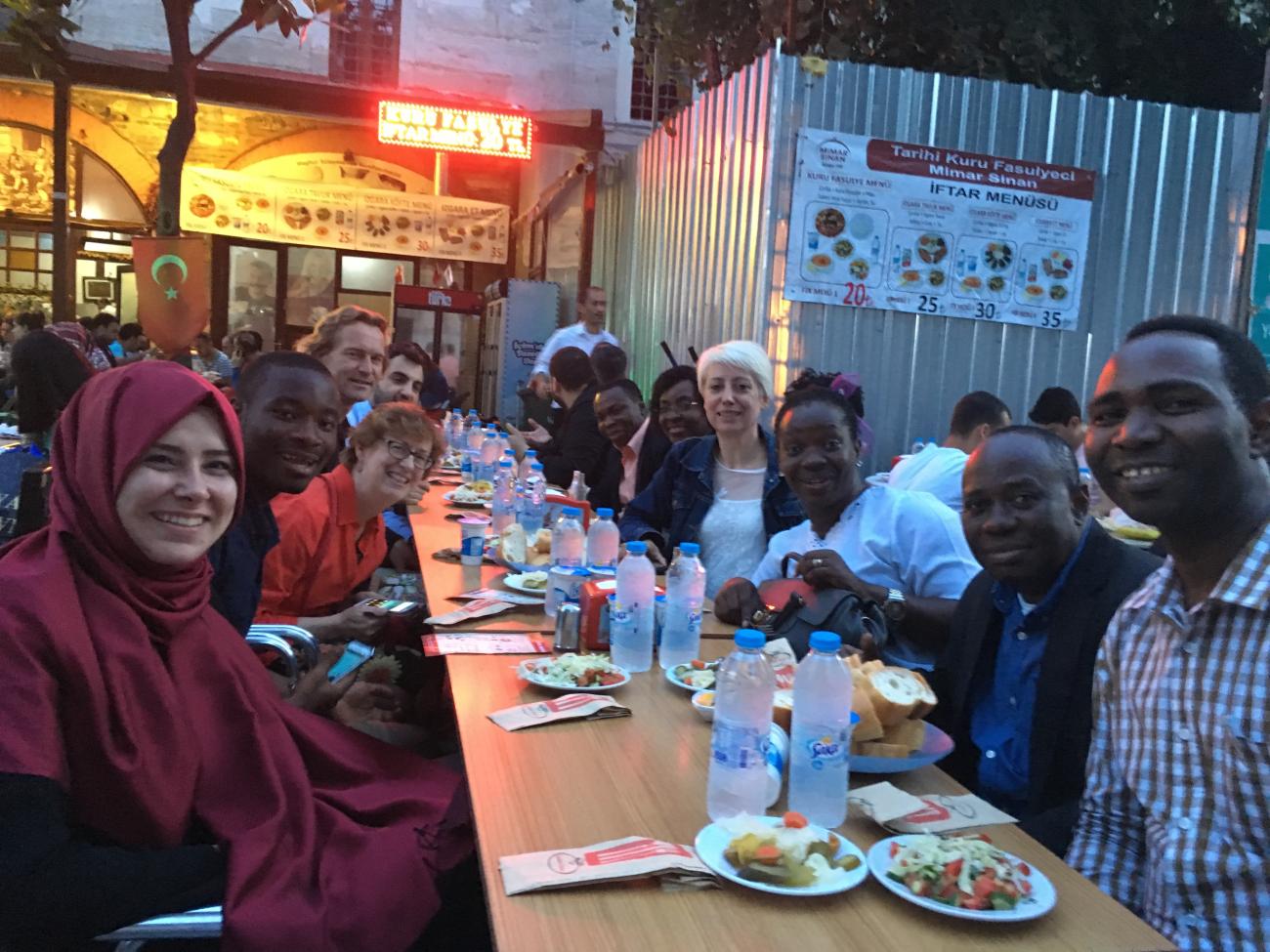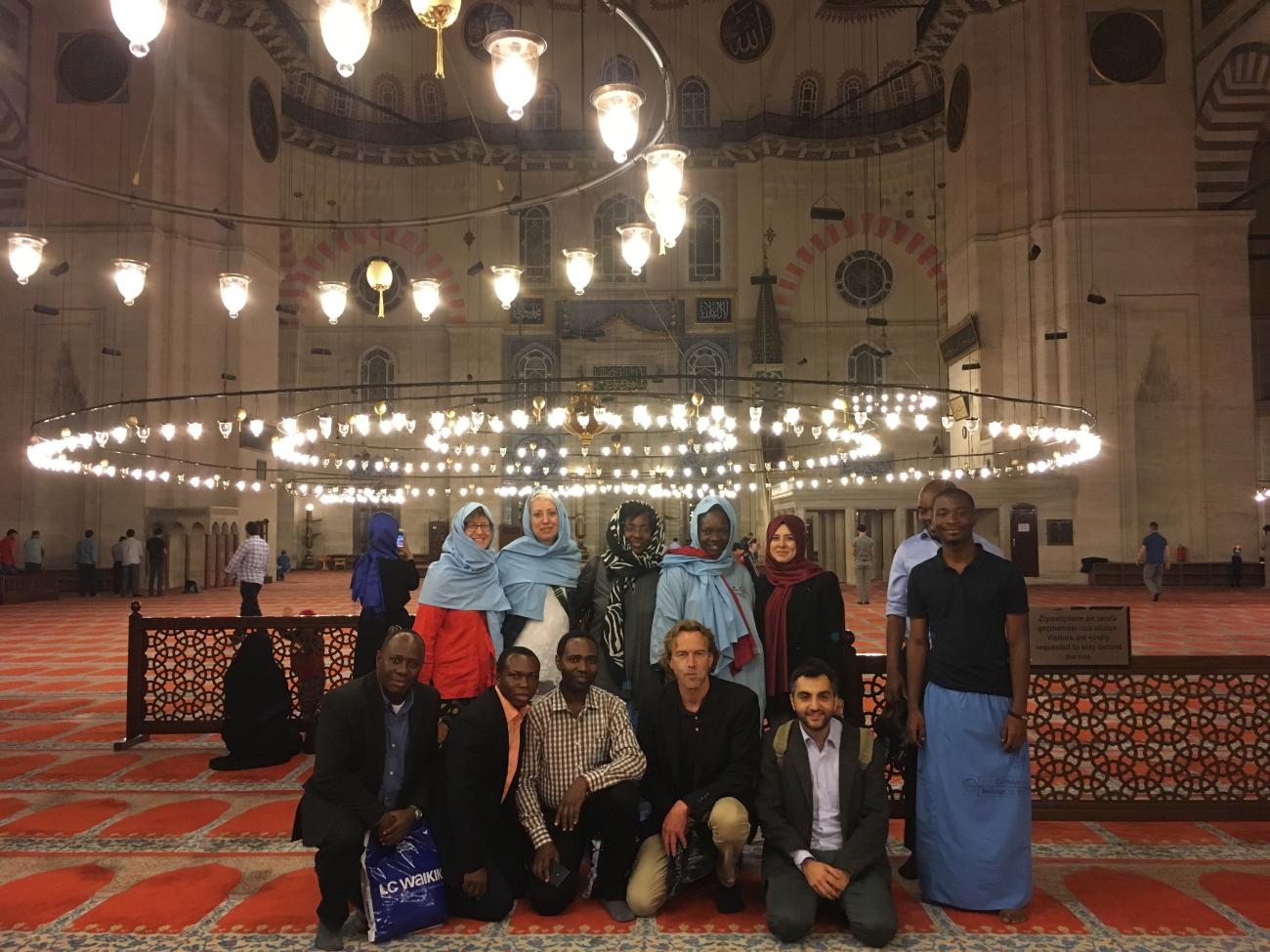By: Susan Wilburn, Sustainability Director, Global Green and Healthy Hospitals, HCWH; and Ruth Stringer International Science and Policy Coordinator.
The annual meeting of the African regional health care waste management and mercury elimination project was held 1-3 June in Istanbul, Turkey in the offices of the UNDP. It was a great to have the team together for a very productive meeting and collaborative atmosphere for the exchange of ideas and solutions to address the common barriers to the successful management of health care waste and elimination of mercury-containing measuring device.
The project is being organized by United Nations Development Program (UNDP), the World Health Organization and Health Care Without Harm. The aim of the project, which will run until 2020, is to disseminate non-incineration waste treatment and substitute mercury containing medical devices in four African countries: Ghana, Madagascar, Tanzania and Zambia.
The regional and country teams met to review accomplishments of the past six months and review work plans for the next six months. The annual board chaired by the manager of the UNDP Istanbul Regional Hub (IRH), met and approved reports and the budget for the remainder of 2017 and 2018.
Four participants from each of the four participating countries presented their progress since the inception meeting last September. In addition to representatives of the Ministries of Health, Ministry of Environment, UNDP and technical expert from the four project countries, the Director of the Scientific Practical Institution of the MOH responsible for a similar project in Kyrgyzstan participated and shared good practice examples, curricula development and successful installation of autoclaves to treat health care waste.
A ‘Green bag lunch’ was organized for all UNDP staff in the Istanbul office with a program highlighting the African project and the collaboration between the project and the joint work of UNDP and HCWH for sustainable procurement in the health sector. All of the country partners requested additional training from UNDP and HCWH to raise awareness of the opportunity that procurement presents for integrating sustainability criteria.
The lunchtime seminar opened with the showing of HCWH’s 20th anniversary video followed by the manager of the IRH thanking HCWH for putting the health, environmental and human aspects into context for the following presentations.
On the third and final day, the group traveled together to tour a large central waste management facility with autoclaves to treat the health care waste from Istanbul hospitals. We were privileged to visit the famous ancient Mosque of Suleyman in Istanbul during the holy month of Ramadan, and to join thousands of people in the iftar evening meal at sunset.
Now we are entering the practical phase of the project where all of the planning starts to become concrete. As the Minamata Convention on Mercury comes into force in August of this year, the four countries will lead the continent in demonstrating best available technologies and best environmental practices. Non-mercury medical devices will be delivered in September, and swapped for the mercury containing ones currently in use.
Early next year, the installation of autoclaves to treat infectious health care waste to prevent the production of dioxins and other Persistent Organic Pollutants (POPs) will begin. In addition, Tanzania is constructing a biodigester for organic waste at one of its hospitals, which will dispose of the waste safely, and has the side benefit of generating methane gas that can be used as a fuel.
All of the hospitals involved in the project receive membership to Global Green and Healthy Hospitals, will soon be using GGHH Connect and are sharing their experiences in webinars organized by HCWH’s strategic partner in South Africa, groundWork.



